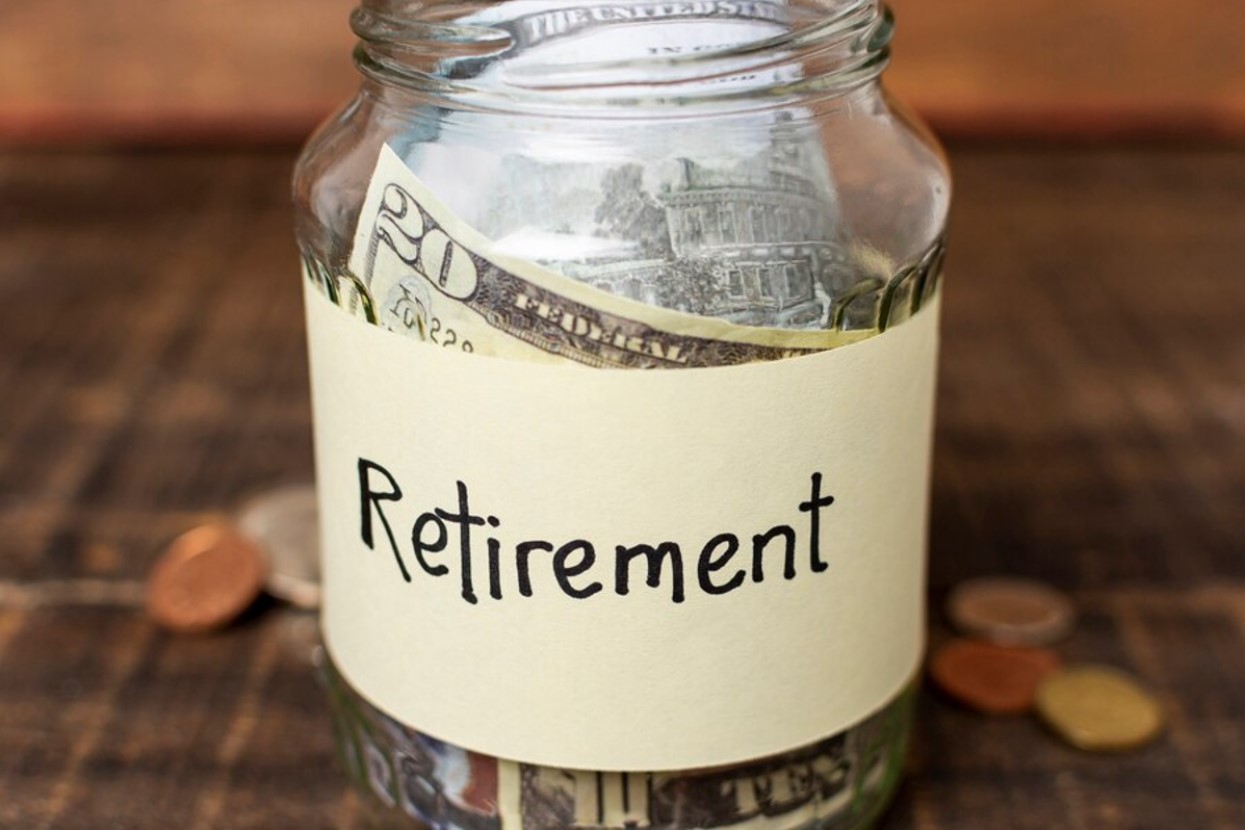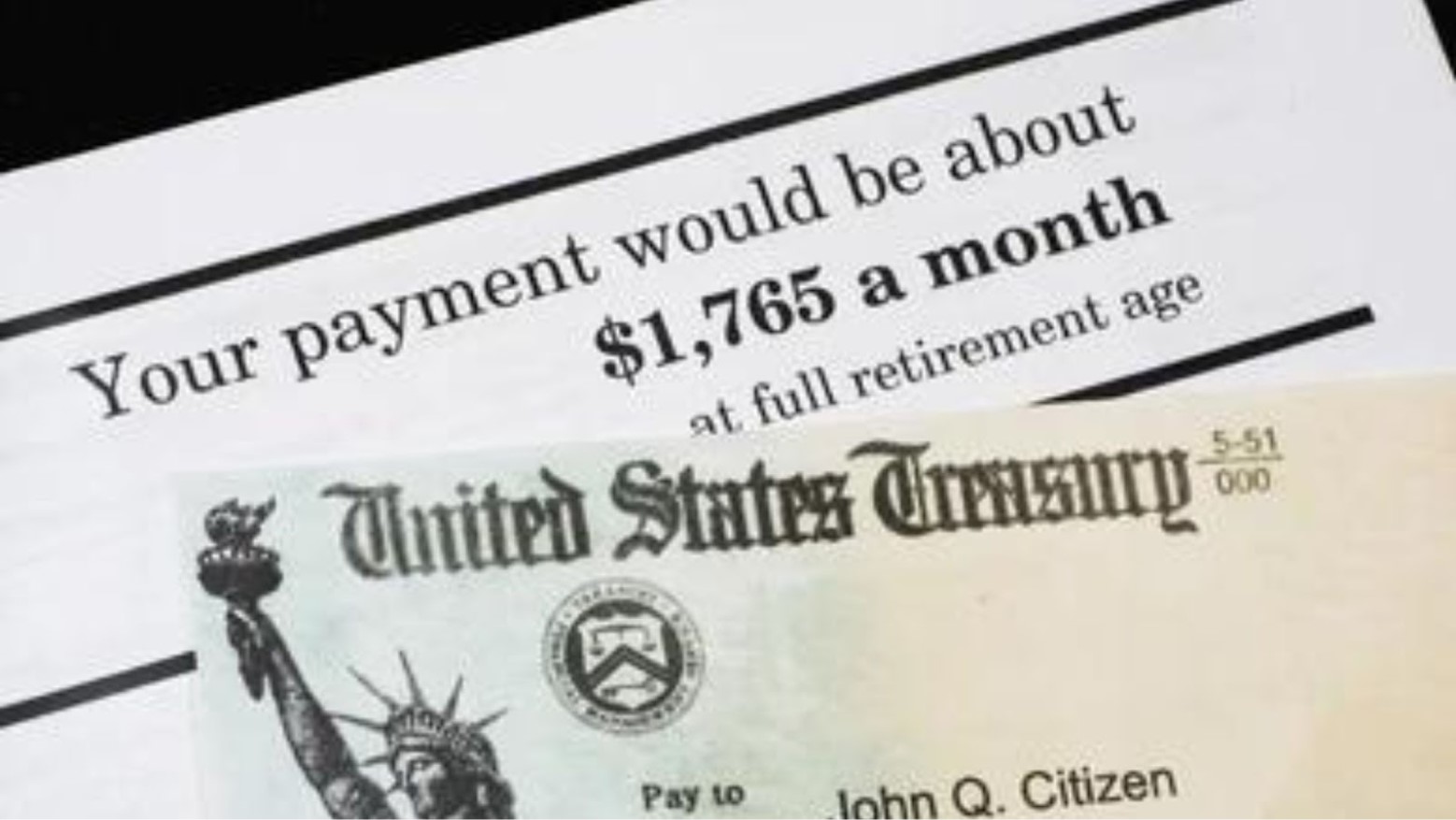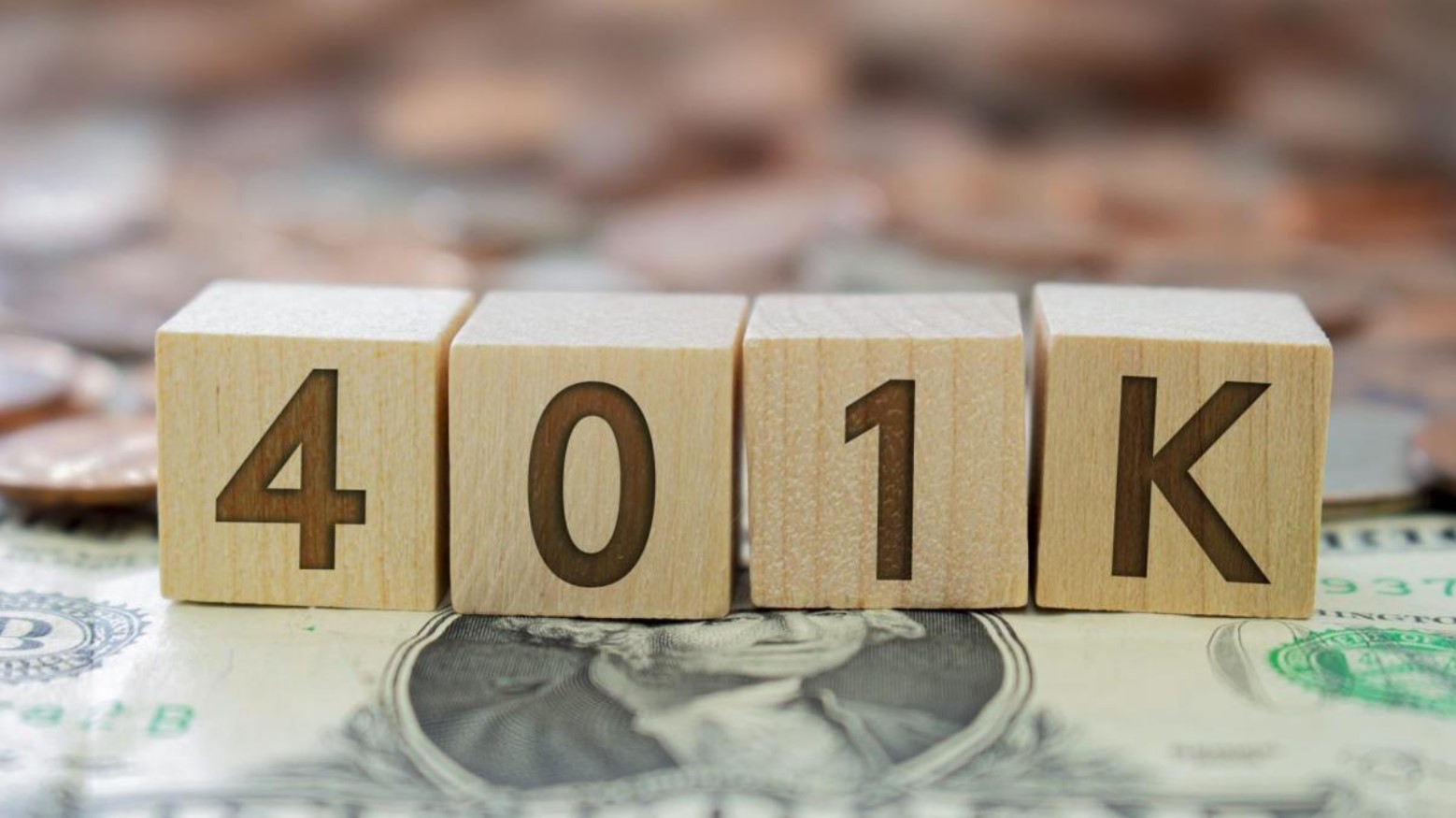Every generation has its struggles, from war to economic crashes, housing bubbles to inflation crises, there seems to always be something affecting people’s wallets that is completely out of their control.
However, one generation in particular, known as Gen X, who were born between 1965 and 1980, has had more trouble than most. And now, it seems they may never be able to retire.
Generation X: The Neglected Child

Gen Xers sit between Baby Boomers, who experienced an extreme increase in wealth over their parents, and Millennials, who are known for their adaptability and out-of-the-box thinking.
But somehow, Gen X got a little lost in the middle. This generation is often referred to as the neglected or forgotten middle child because they didn’t develop the financial frugality of their predecessors or the creativity of their younger siblings.
Generation X Has Seriously Struggled to Save

One noticeable way in which Gen Xers have fallen behind the other generations is their severe lack of savings.
According to the National Institute on Retirement Security (NIRS), the average Gen X household only has $40,000 put away for their impending retirement, and 35% have less than $10,000 saved.
What Did Gen X Do Wrong?

There is no doubt that the average Gen Xer has certainly made some financial mistakes over their lives.
However, most financial experts agree that the main reasons why Gen Xers don’t have substantial savings are because of things that happened to them, not by them.
Gen X Was the First Generation to Work Without a Pension

One of the first interesting aspects of Generation X is that they were the first generation to work without receiving a pension.
The majority of Baby Boomers knew that when they retired, they would receive a consistent salary from their former employer until the day they died. However, once Gen X joined the workforce, pensions were switched out for 401K programs.
Utilizing 401K Programs

401K programs function differently than pensions. With 401Ks, participants need to save some of their own salary every month, which will then be matched by their employer. However, if they don’t choose to save, there won’t be much in the fund when they retire.
And because Gen Xers were raised by parents with pensions, many simply didn’t utilize their own 401K program and, therefore, have less in the fund as they approach retirement.
The 2008 Crash Hit Gen Xers Especially Hard

In 2008, the entire stock market crashed, losing Americans millions upon millions of dollars. As Generation X was anywhere between 28 and 43 that year, the vast majority of them had significant investments in the market.
This immediate and significant financial crisis not only depleted the savings of tens of thousands of Gen Xers but also sparked an intense feeling of financial anxiety throughout the entire generation.
“Generation AnXious”

Northwestern Mutual released a report in May 2023 in which it dubbed Gen X as “Generation AnXious,” as they are more concerned with their finances, or lack thereof, than any other generation.
According to the report, 55% of Gen Xers don’t believe they will have enough saved for a comfortable retirement. And as Brian Ream, a managing principal at CliftonLarsonAllen, explained, “The anxiety is real [and] it’s probably somewhat well placed.”
Life Has Become Increasingly More Expensive

The anxiety that Gen X has regarding their less-than-impressive retirement funds is not unfounded, as studies show the majority of them truly don’t have what they need to retire in today’s world.
And a big part of that is that life has become increasingly more expensive over the years. So, not only have Gen Xers had to pay more for their education, healthcare, cars, homes, and groceries, but as prices increase, they will need more retirement savings than their parents did to pay for life in the future.
How Much Money Will Gen Xers Need to Retire?

With inflation and the rising cost of living in mind, experts report that Gen Xers will need a whopping $1.1 million to retire comfortably.
However, according to the Schroders 2023 US Retirement Survey, the average Gen Xers expects to have only $660,000 by the time they retire, which is almost exactly half of what they’ll need.
45% of Gen Xers Haven’t Planned for Retirement

There are many who agree that Gen Xers have had more struggles than their Baby Boomer predecessors, but there are others who say that the generation did this to themselves.
The Schroder Survey reported that an almost unbelievable 45% of Gen Xers “have not done any retirement planning,” which many members of the older generations would say is simply unacceptable.
Will Gen Xers Have to Work Forever?

Without substantial retirement savings and an ever-increasing cost of living, the worry for many Gen Xers is that they will have to continue working well after the standard retirement age.
And as Gen Xers are now anywhere from 44 to 59, the average retirement age of 65 is just around the corner. So, unless they can significantly increase their savings in the next decade, it’s highly likely they won’t be clocking out until much later.
